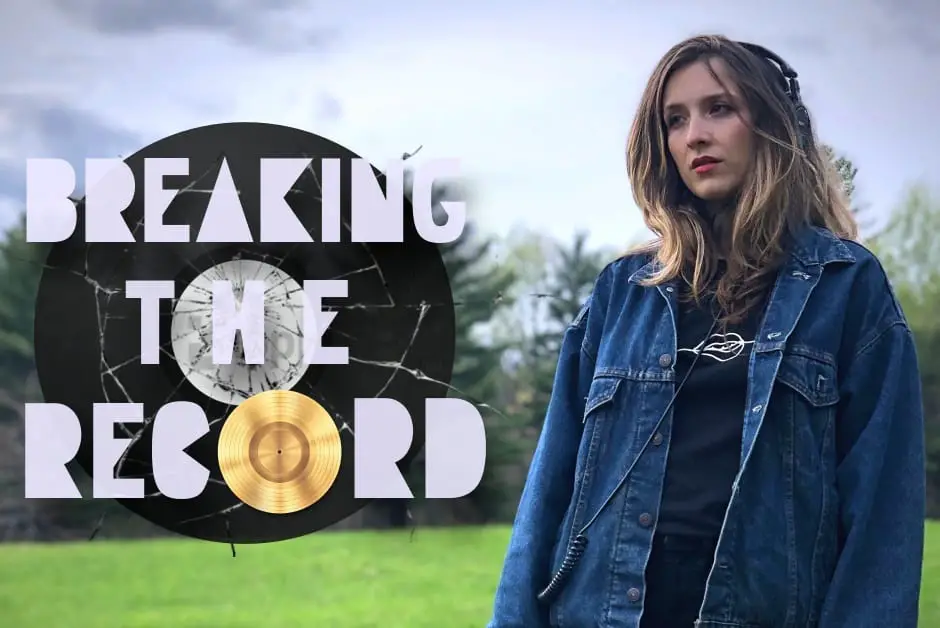Musical ‘decomposer’ Roger Eno takes us track-by-track through his tender, dreamy, and breathtakingly beautiful new album ‘the skies, they shift like chords,’ a delicate, deeply visceral enchantment.
Stream: “Strangely, I Dreamt” – Roger Eno
To step inside Roger Eno’s latest album is to delve into one’s innermost depths, while floating away on the clouds.
Tender, dreamy, and breathtakingly beautiful, the skies, they shift like chords is a delicate, deeply visceral enchantment. From full-bodied orchestral swells to intimate, lone piano performances, the English ambient music composer (and younger brother to Brian Eno) evokes a sense of introspection, connection, and quiet contemplation across twelve soul-stirring tracks that evoke a sense of wonder, catharsis, and awe.
Through this music, we see the world anew: Working with some of the most talented individuals and ensembles in the world, Eno opens our eyes, our ears, and our hearts.
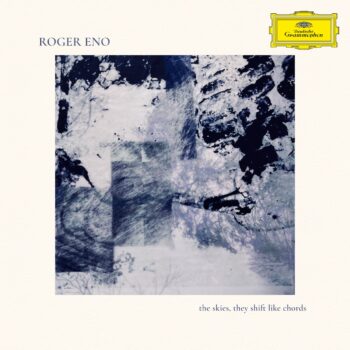
Released October 13 via Deutsche Grammophon, the skies, they shift like chords is a must-listen for any and all fans of ambient, orchestral, and neo-classical music. Eno’s production is simultaneously dramatic and vividly intimate, home to both spurts of melancholia and swells of euphoria as Eno delivers what he calls “snapshots of things that were experienced in the moment.”
“How do you describe the world, unless it’s in an instant? You can’t fix anything because everything is in flux, it’s changing and mutable.”
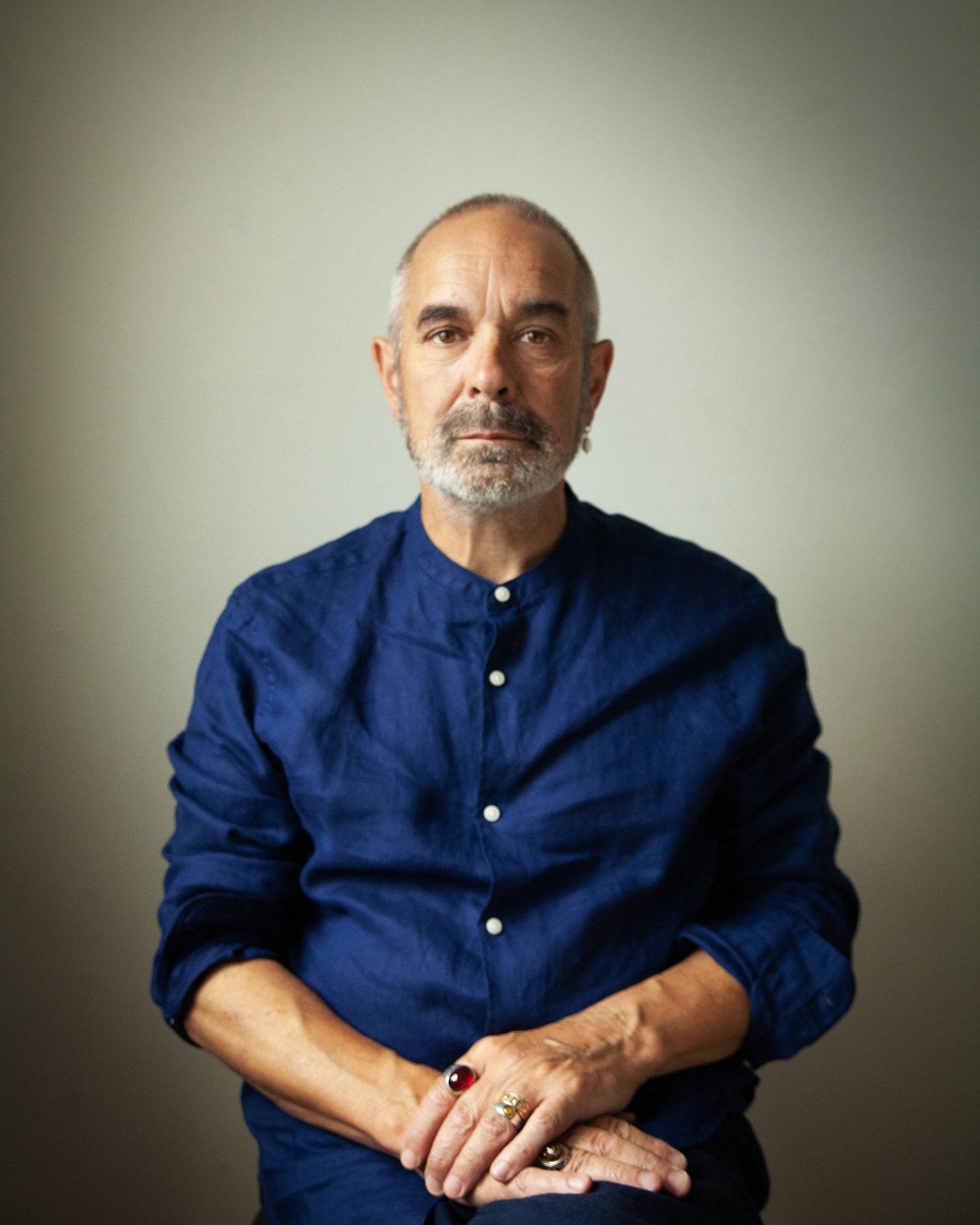
Actively composing and releasing music for well over three decades, Roger Eno has developed a cinematic style that is uniquely his own.
He’s an open book when it comes to discussing what he sees as the overlaps and the distinctions between him and his older brother.
“Brian and I have definite points of both contact and similarity,” the younger Eno reflects. “We are both interested in what he thinks of as ‘generative’ techniques and myself as ‘aleatoric.’ For whilst Brian usually works with electronics, I usually work with humans.”
“I am at home with the melodic and harmonic tradition of folk/classical music, though I now tend to simplify greatly – I call myself a ‘decomposer’ as I now take out more than I add. Brian paints landscapes in his ambient works, whereas I try to write music that you think you might have heard before, deliberately using certain musical intervals to achieve certain effects. I have little interest in studio technique, whereas to Brian this is crucial. When working together, as on Mixing Colours, we are a formidable team as we are both experts in our respective fields. And we are both equally modest.”
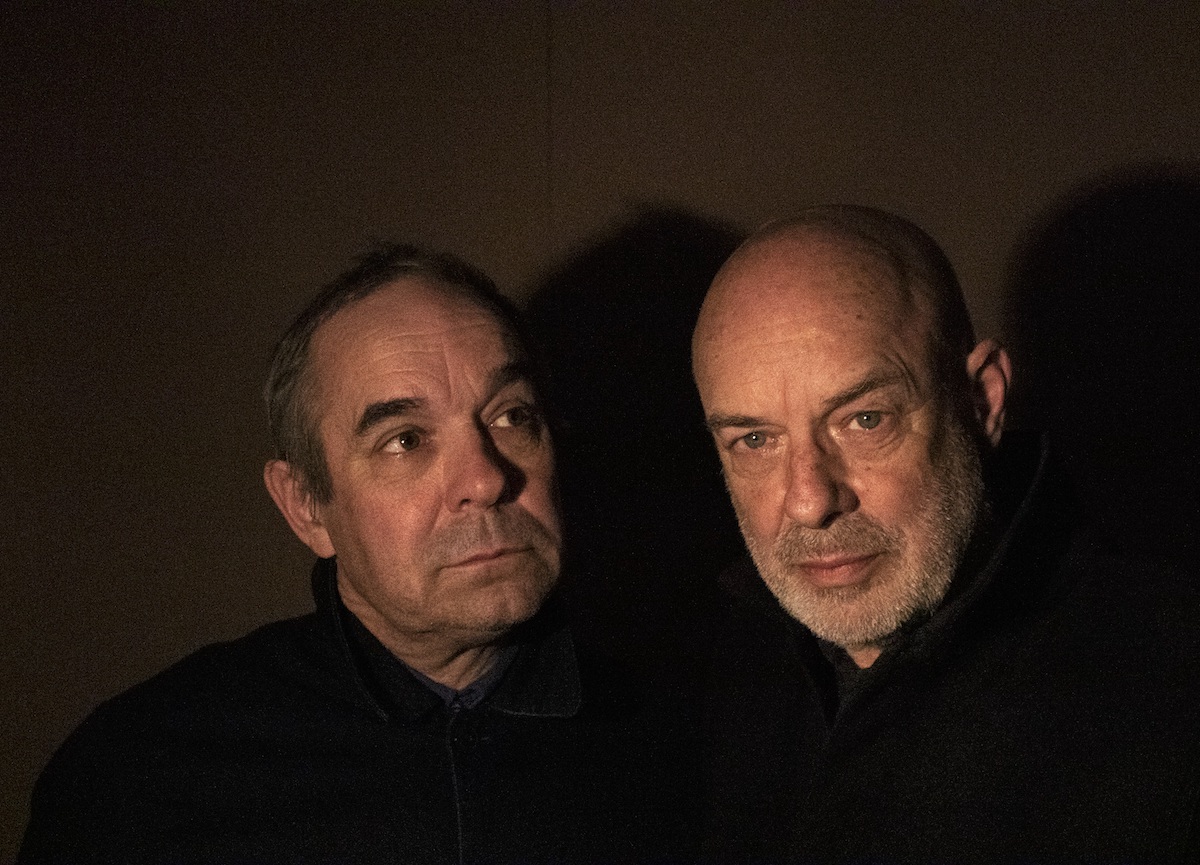
His second release with Deutsche Grammophon, the skies, they shift like chords follows 2020’s critically acclaimed Mixing Colours, a collaborative album with his brother Brian, and 2022’s self-reflective The Turning Year, which, like his new album, Eno brought to life together with the Scoring Berlin string ensemble.
“I wished to portray elements of atmospheres found in the area in which I live,” Eno tells Atwood Magazine. “My part of East Anglia is meadowland, tiny lanes, slow flowing rivers and is dotted with isolated medieval churches. I spend much of my time ‘researching’ – visiting the coast with my wife and dog, drinking pints of beer in country pubs, cycling between fields and listening to the silence left in now all but forgotten churches. Knowing what I wished to detail in this disc enabled the making of it to be a relatively painless process.”
“Many of my own works ‘appear’ through improvisation – melody and harmony are often found along the way, but the very beginning usually lies in an idea of the mood or atmosphere which I wish to create – and this is captured often through play,” he adds. “I had the ‘overview’ of what I wished this album to sound like, so the work was made easier through that; I wished for complimentary pieces of music that could lead one into the other. I wished it to be somehow emotive, allowing listeners to create personal images, for it to evoke memories perhaps. I used silence partly in order that the listener could fill such gaps themselves…”

One of the more exciting aspects about the skies, they shift like chords lies in just how vast, yet minuscule, Roger Eno’s worlds can feel.
From the opening strings of “Chordal Drift” and the intoxicating ethereal ambience of “Tidescape,” to the great silences and tender swells of “Illusion” and the enchanting vocals on “Strangely, I Dreamt” (courtesy of Eno’s daughter, Cecily), the skies, they shift like chords sends more and more shivers down the spine as Eno constantly soothes, stirs, and surprises.
“I feel I am now working in a style of my own which has developed over many years,” he smiles. “I am now happy to allow very little to happen for a long time – gaps to appear and be investigated, jarring clashes to perhaps eventually resolve. I’ve listened to the disc many times now and have again been captured by the beauty of the bass clarinet, lovely thick string chords, etc.”
He calls “Strangely, I Dreamt” a personal favorite. “I first thought I’d completed it when it was in the form of a string orchestra piece but then thought the album needed a ‘cherry’ on top – or a gem hidden inside,” he says. “Cecily’s voice is extraordinarily beautiful so that was the obvious choice. I wanted this ‘event’ to be short and unexpected, to come and go but be remembered – and I think Cecily and I have achieved that.”
“‘Mind the Gap’ [also] always gets me,” he says, adding to the favorites list. “‘Tidescape’ is special, as is the solo piano piece ‘That Which Is Hidden.’ I’d better stop now or I’ll end up just naming all the tracks! As you can probably tell, I’m very happy with the result. Oh, and ‘Where Does This Lead Us?’ is a belter!”
Wherever you find favor in this excellent musical journey, the skies, they shift like chords is ready to be a compassionate companion for life’s cool, contemplative days and long, intimate nights. Experience the full record via our below stream, and peek inside Roger Eno’s the skies, they shift like chords with Atwood Magazine as he takes us track-by-track through the music and lyrics of his latest release!
— —
:: stream/purchase The Skies They Shift Like Chords here ::
:: connect with Roger Eno here ::
‘the skies, they shift like chords’ – Roger Eno
:: Inside the skies, they shift like chords ::

— —
Chordal Drift
“Chordal Drift” illustrates incremental change, a state where movement is barely noticed yet change is constant. It is the ideal introduction to a collection which talks of transience, memory and impermanence. It is both erosion and accretion.
Tidescape
“Tidescape” takes its title from a poem by Mary Markwell and leads me to a beautiful and lonely stretch of the river Alde at Iken. It was here in the 7th century that St. Botolph founded his monastery. It is now home to reed beds, wading birds and passing(often grey)clouds. Tides reveal small worlds which constantly change.
That Which Is Hidden
“That Which is Hidden” was the first piece I wrote on my new (1904) Bechstein piano. The house was empty save for myself and as I let my fingers go for a walk they came to a place I hadn’t visited before. It looked somehow similar to places I’d been to but I didn’t know quite how I’d got there. I stayed for a few moments and then walked on……
Illusion
“Illusion”tells of the poly-dimensionality of this world. It talks of layers, strata and overlaps. Of catching a glimpse of oneself in the glass of a door or window and seeing yourself as inside the building rather than out.
Above and Below
“Above and Below” takes its name from the alchemical phrase ‘As is Above so is Below’. It talks of an interconnectedness between all things and a universal order, which though perhaps unseen cannot, in this school of thought at least, be disputed.
Through the Blue
Through the Blue appeared in quite a different form on my 1985 recording ‘Voices’.This solo piano version recognizes my now often simplistic approach to my work. I now tend to subtract rather than add. It has a delicate melancholy to it and for me is like looking at a photograph of a place I once lived.
Mind the Gap
“Mind the Gap” I now refer to myself as a ‘decomposer’-one that takes away from material rather than adds to it. I feel that in much music, there is little time allowed for the listener to exercise their own imagination/creative impulses. In this track, I have allowed pauses which can be filled by the internal composition of the listener. Perhaps you’d like a simple melody in gap three, or distant church bells ringing in gap five? If so, just think them….
Arms Open Wide
“Arms Open Wide” began as a tribute to my friend and fellow composer/piano player Harold Budd who died during the dark cloud of Covid. Harold was one of the funniest people I’d ever had the pleasure to meet and one of the very subtlest of musicians. We once drank a Spanish train dry of beer whilst on a tour together and the conductor and driver were kind enough to call an unscheduled stop to load on some more. I still laugh at jokes he told…
Strangely, I Dreamt
“Strangely I Dreamt” was originally to be simply another string piece but was then reconsidered and allowed to hold a hidden gem-my daughter Cecily’s extraordinary voice. But what for lyrics? I have a collection of poetry by P.F. Owen and it was a line of his that gave birth to this song. Cecily herself wrote the remainder thereby allowing appropriate melismatics to occur when she felt they were warranted. I love how brief the vocal addition is, here and then gone…..
Japanese Rain Garden
“Japanese Rain Garden” I wished for a ‘natural’ repetition as in the sound of rain as one stands beneath shelter. This is a place in which to meditate on the beauty which surrounds us and the care that needs to be taken to ensure that such beauty can be allowed to remain. I adore the ‘velvet warmth’ of the clarinets playing in tenths. The bass clarinet really is one of the world’s great inventions. At the end of the piece the skies clear thus allowing birds (recorded in my own garden) to begin to sing.
If Only For a Moment
“If Only For a Moment” is another consideration of the passing of what we see – be that within ourselves or around us. It is perhaps, a modern day ‘Momento Mori’.Such reminders of Death were prevalent in the Middle Ages and taught both of leading a ‘good life’ and having a good life-feasting with friends, drinking good beer/fine wine,as well as helping those less fortunate than ourselves. The lesson that all of this will pass is one of how to approach leading this life.
Where Does this Lead Us?
“Where Does this Lead Us?” is the final question on this album of hidden meanings. Just what is around the corner? Is there any corner? Is there a path which continues? Perhaps we should think more on what thoughts we will leave with others, how we will be remembered and why. Will it be for being rich and powerful or will it be for being funny and kind? Does the path we now lead take us to where we really wish to go?
Riddle me that.
— —
:: stream/purchase The Skies They Shift Like Chords here ::
:: connect with Roger Eno here ::
— — — —

Connect to Roger Eno on
Facebook, Twitter, Instagram
Discover new music on Atwood Magazine
© Cecily Eno
:: Stream Roger Eno ::

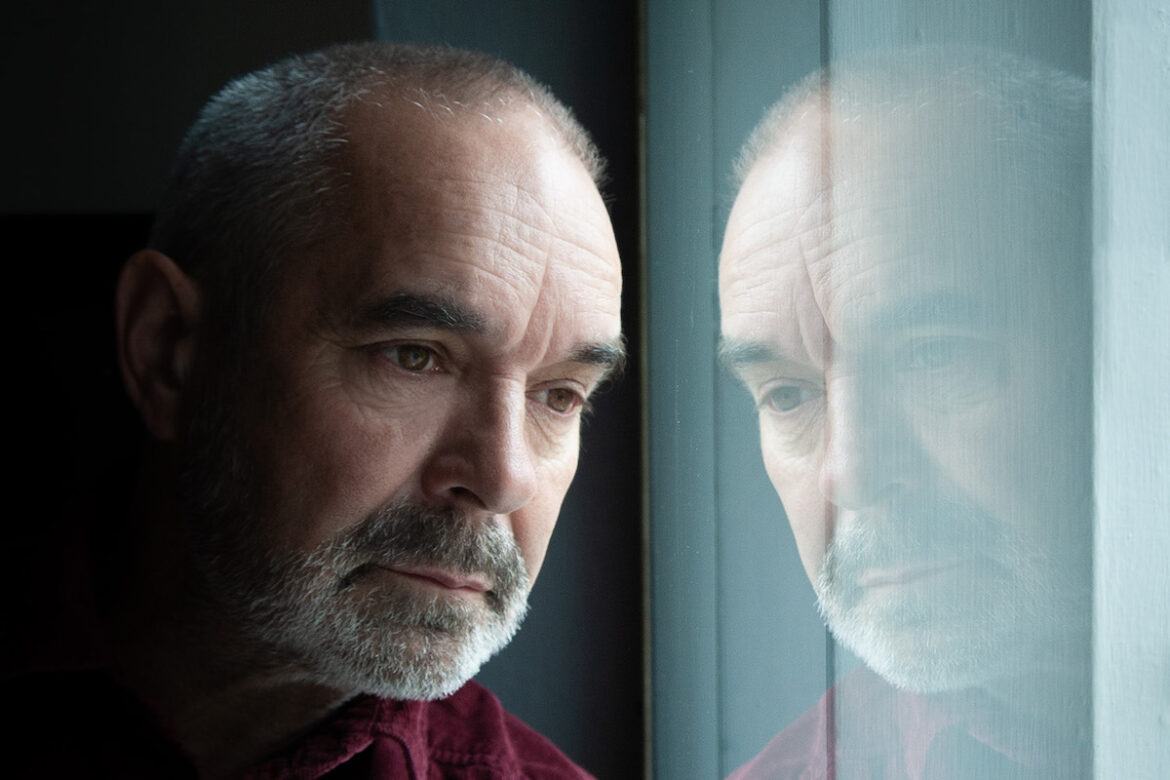
 © Cecily Eno
© Cecily Eno



